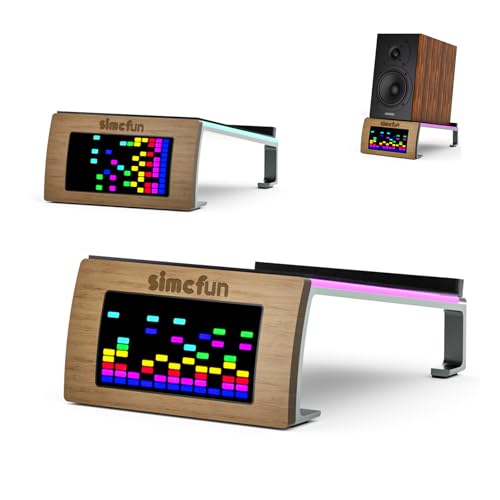If we assume that the vast majority of mortals cannot distinguish a master transferred to and played from a FLAC Hi-Res, from its conversion (downsampling) to a FLAC CD 16/44.1, then to sell the new money-making machine that is the MQA it is necessary to generate masters that sound good, better or different, or with some emphasis of some kind for the MQA editions.
As always, if we want to find the best masters or those that sound better to us, we will find them in HI-Res editions, whether in FLAC or MQA. I guess that the producers are not going to put a bad master in a "high quality" edition.
That is to say, I always see comparisons between different formats, different editions, which will be, with great probability if not 100% probability, different masters.
Where do I want to go? As the audible differences between "quality" formats are so minimal or non-existent, the industry will generate different masters to segment the market and "sell" the idea even to the most demanding audiophiles, that will debate for a long time about the differences of the formats. While some of them will buy the new technology.
It's nothing new, right? This started with the debate between vinyl and CD and then between CD and HI-Res.




















